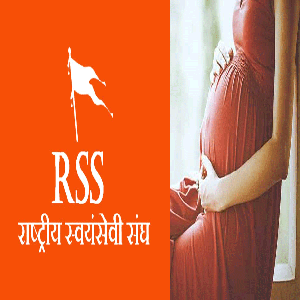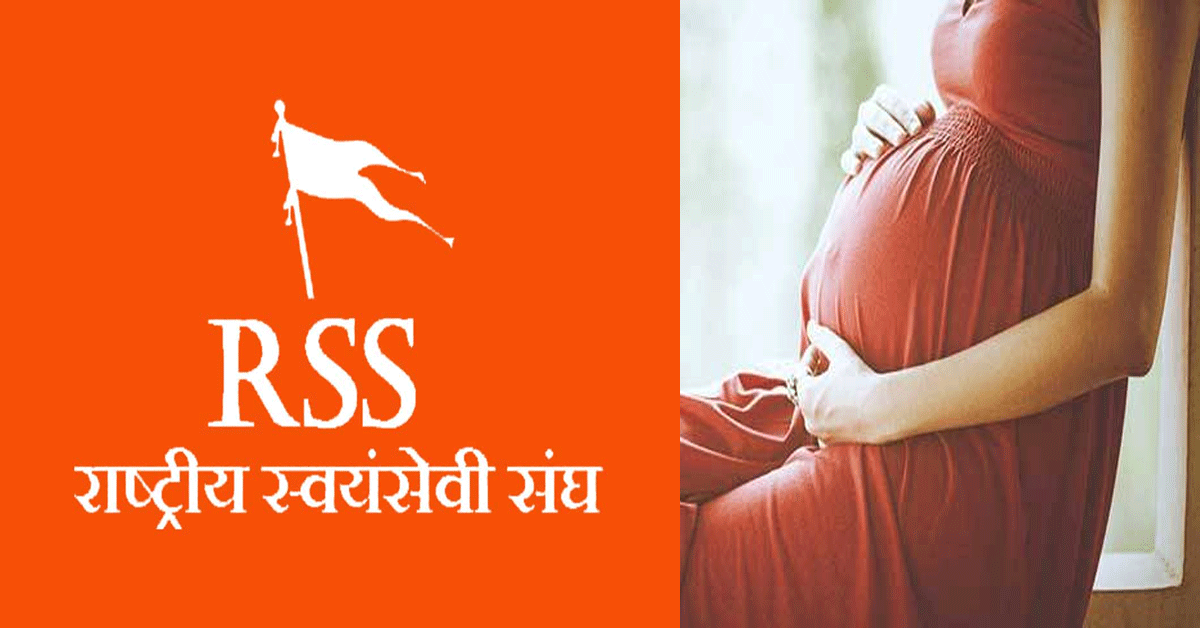
.png) Ram Puniyani
Ram Puniyani

The implementation of the Indian Constitution on January 26, 1950, was a most significant landmark in the life of our country. It gave us the core values of Liberty, Equality, Fraternity and Justice. It was welcomed by all except the Hindu Nationalists, who said that there is nothing Indian about it, there are no values in it, which our Holy Manusmriti has given. They stated that Manusmriti is the law today (Savarkar).
We were fortunate that forward-looking Nehru and champion of democratic values Ambedkar were at the helm to steer the journey forward. The architect of modern India, Nehru, ensured that the centre of Indian policy would revolve around the public sector, education, scientific research, irrigation, and health service improvement, among other areas.
The directive principle of promoting scientific temper was followed till of late, though with lots of lacunae. Despite the massive tragedy of India's partition and migration of lakhs of Hindus and Muslims across the border and terrible violence, the country was steered towards improvement in the basic necessities like hunger, health, education and employment. This was the foundation which Indian leaders firmly planted in the country.
The communal groups, while doing their work behind the curtain and sometimes orchestrating violence, still were a marginal force till 1980. The firmness in promoting social justice was appreciable, but it still could not eradicate the caste system, and there was a deep-rooted bias against the Dalits. The other major flaw was the spread of misconceptions against religious minorities, mainly Muslims and later Christians, who were also drawn into the orbit of hate and consequent violence.
After the Shah Bano fiasco, the communal forces made big strides on the pretext of appeasement of minorities (particularly Muslims). The implementation of the Mandal Commission report giving 26% of reservations to OBCs was used as an occasion for Hindu nationalists to show their deeper designs.
They pushed forward the issue of Ram Temple being underneath Babri Masjid, so Ram Temple should be built there. On this issue, a massive mobilisation of Hindus was carried out. The social perceptions about the Ram temple being underneath the mosque were articulated and spread far and wide by the vast network of RSS Shakhas and its affiliates. This led to the demolition of the Babri mosque and the orchestration of violence against Muslims, particularly in Mumbai, Surat and Bhopal.
This massive violence was to be followed by carnage in Gujarat (2002), Delhi (2019), UP (2013) and Kandhamal (2008). In Keonjhar, Orissa, Graham Staines, along with his two sons, Philip (aged 10) and Timothy (aged 6), was burnt by Rajendra Pal (Dara Singh) of Bajrang dal, and massive anti-Christian violence was unleashed in Kandhamal later.
Cooked-up issues of the holy cow, beef-eating, love jihad and innumerable other jihads have been floated, and the intimidated Muslims are forced to live under tremendous fear. Muslim ghettoisation is the order of the day in many cities. Post communal violence, the areas where violence occurred saw a phenomenon of the BJP becoming more potent in the electoral arena. A sense of fear is also building up among sections of the Christian community.
This has been the trajectory from the beginning, where democratic values and pluralism, which were to be the core of the country, were gradually undermined. The situation has worsened in the last ten years, particularly with the BJP's rule. Though nominally, this rule has been under the cover of the NDA, the BJP and its Hindu Rashtra agenda have been ruling the roost.
This period has seen state institutions like the Enforcement Directorate, Income Tax, Intelligence agencies, Election Commission and, to a massive extent, the judiciary, internally falling prey to the influence of the Hindu Right, and this has weakened the values of our Constitution to no end. The increasing poverty, income disparity, and worsening of education and health are extremely disturbing. The minorities are being relegated to second-class citizenship. The political representation of Muslims has fallen dismally.
Scientific temper, one of our directive principles of the Constitution, has gone for a toss. The top academic institutions are organising lectures on producing something like a 'master race' (Garbh Sanskar knowledge). Various centres have come up, dishing out such advice. Even the director of IIT Madras praised the use of cow urine as a panacea for many diseases. The rise of 'babas' dishing out all-around wisdom is a worrying phenomenon. Many such 'babas' are promoted indirectly by the state.
The values of the Constitution are being mauled not so subtly, with the claims that India got real Independence not on August 15, 1947, but on January 22, 2024, when Ram Temple was inaugurated. The claims that the Constitution does not conform to our civilisational principles are picking up. Demands to scrap acts like 'Freedom of Places of Worship' (1991), which states that the status of old places of worship will be retained as was on August 15, 1947, are becoming stronger by the day.
In this dismal scenario, where is the hope? The atmosphere of relief began partly with 'Bharat Jodo' (Unite India) and 'Bharat Jodo Nyay' Yatras (Unite India for Justice). A large section of the population is growing aware that the party that promotes and uses religion for political goals is a real danger to our democracy and our Constitution. This rising awareness is running parallel to many political parties trying to form an INDIA coalition.
In addition, social groups are undertaking multiple campaigns to promote harmony and amity. Many social groups that have massively contributed to the rights of people are coming together on platforms to raise awareness about the dangers of misconceptions being promoted by communal parties and their parent organisations. They are also trying to spread awareness about the real meaning of Constitutional morality and what it should mean for the country.
The general awareness about these issues in society is very heartwarming. These novel efforts, which aim to promote fraternity and other core values of the Constitution, are moving in a positive direction. Our neighbouring countries, which have followed 'fundamentalism-communalism,' have always been in a dismal condition. The communal forces are trying to push us in that direction. We need to reinforce the values of our Constitution today with greater vigour.